10 of the Most Surprising Show Cancellations in TV History
TV cancellations are often chalked up to low ratings, but that’s far from the full picture. There are factors like rigid episode limits and merchandise metrics to network blunders and real-world scandals that make it clear that the decision to end a series isn’t always about what’s on screen.
These cancellations exposed how unpredictable and often unforgiving the business of television can really be.
Firefly
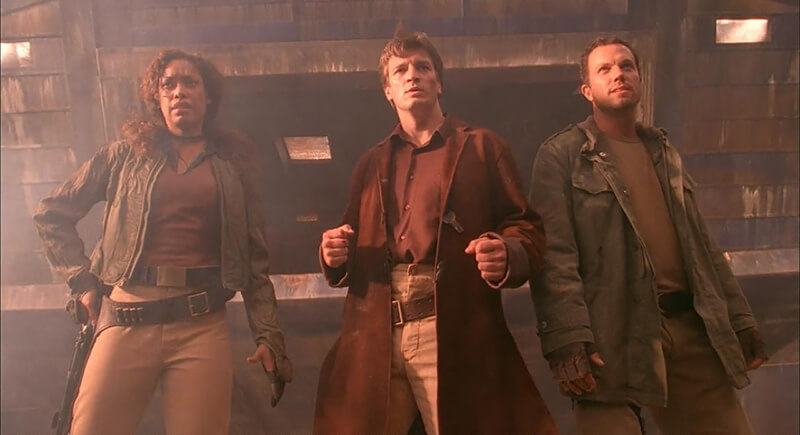
Credit: IMDb
Fox executives didn’t know how to market Firefly, so they aired episodes out of sequence, confusing viewers. Plus, the weak promotion and inconsistent scheduling meant the show never stood a chance. It was cut after one season, despite vocal fans and future cult status.
Jimmy Kimmel Live!

Credit: IMDb
ABC paused Jimmy Kimmel Live! after Kimmel faced backlash for remarks about conservative activist Charlie Kirk’s death. His monologue drew criticism from FCC chair Brendan Carr and led some ABC affiliates, including Nexstar and Sinclair stations, to drop the show. The show returned on 23rd September, 2025.
Young Justice
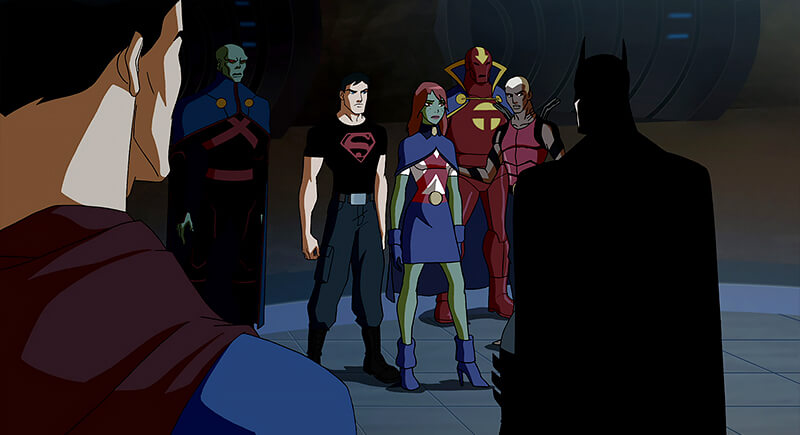
Credit: IMDb
This one’s strange. Young Justice had solid ratings and plenty of fans, but they weren’t the “right” fans. Mattel, a key funder, wasn’t happy with toy sales, especially among girls. Despite its success on screen, the show was deemed financially unworkable and axed after two seasons.
The Ellen DeGeneres Show

Credit: IMDb
The Ellen DeGeneres Show looked sunny on screen, but backstage was a different story. Multiple former staffers spoke out about workplace toxicity, including harassment and fear of retaliation. Though Ellen apologized on air, public backlash followed, and ratings slumped. She stepped away in 2022 after nearly two decades.
Gargoyles
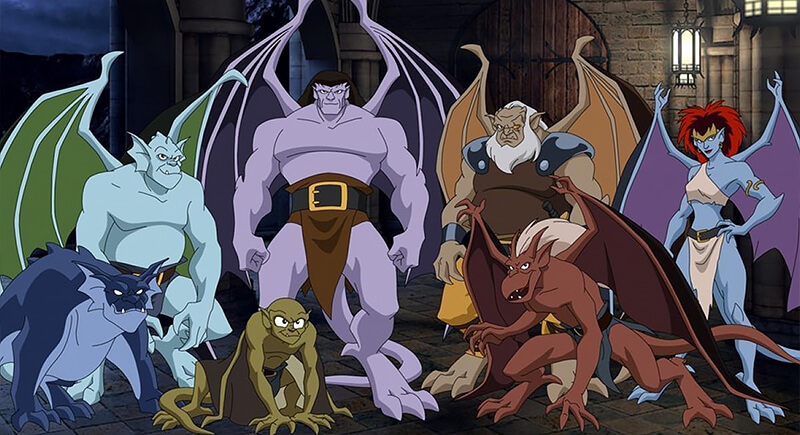
Credit: IMDb
O.J. Simpson’s trial dominated headlines and knocked Gargoyles off local schedules repeatedly. Because it aired on syndicated stations dependent on local news, frequent interruptions caused viewers to miss episodes and lose interest. Ratings fell, and the show didn’t survive.
Who Wants to Marry a Multi-Millionaire
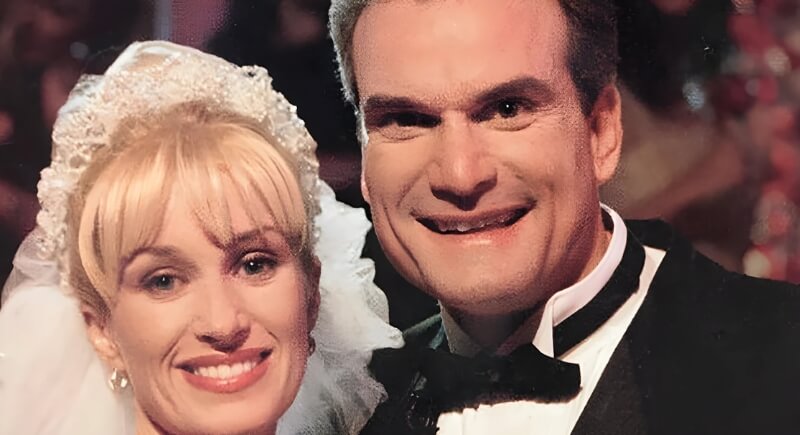
Credit: IMDb
The show pulled big ratings and a huge audience, yet the franchise was buried after just one special. The “millionaire” turned out to be neither rich nor unknown to controversy. Once reports emerged about past abuse allegations and financial exaggerations, Fox yanked the franchise right away.
Batman (1966)
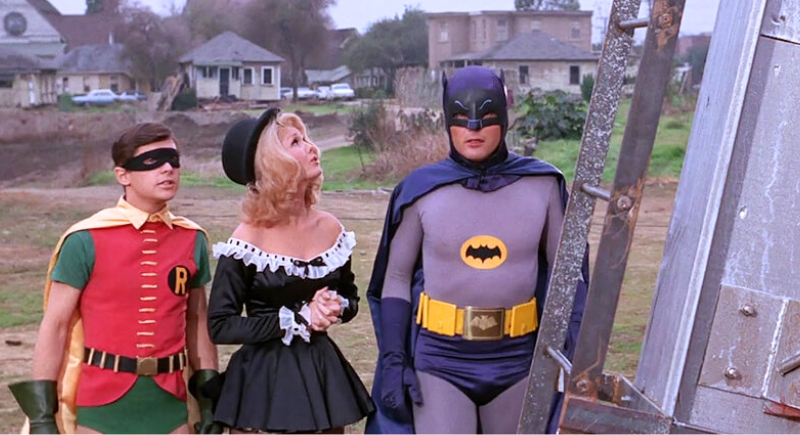
Credit: IMDb
After Batman ended its third season, ABC was done. NBC considered reviving it until they found out ABC had already demolished the elaborate, expensive Batcave sets. Rebuilding was too pricey, so NBC backed out. Unfortunately, the 1966 show never made it back to the small screen.
Even Stevens
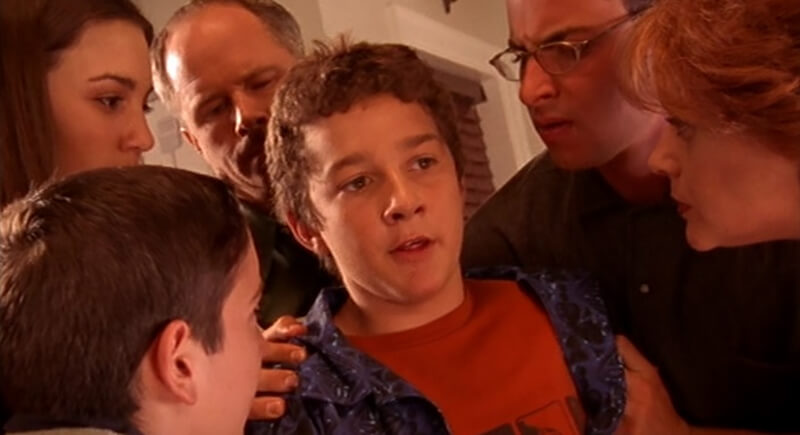
Credit: IMDb
Disney Channel once enforced a hard cap of 65 episodes per series, regardless of how successful it was. Even Stevens hit that limit during its peak, which ended the show abruptly. This was less about creativity and more about rerun economics.
Ozark
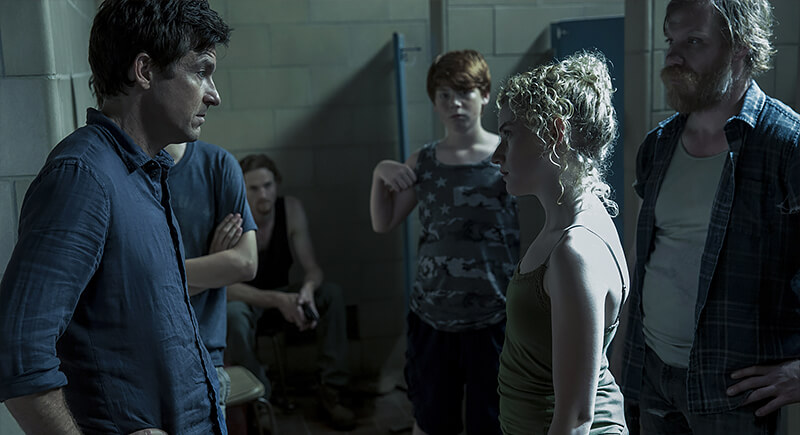
Credit: IMDb
Ozark was still performing when Netflix hit the brakes. It had awards, loyal fans, and a solid critical record. But the platform’s internal metrics showed that shows beyond a few seasons stopped bringing in new subscribers. So, it was mainly due to math that Ozark wasn’t extended.
Clone High

Credit: IMDb
Clone High had a bold concept of teen clones of historical figures in high school, but its portrayal of Gandhi drew severe backlash, especially in India. Protests followed, and MTV canceled the show after just one season. When it returned in 2023, the character was conspicuously absent.